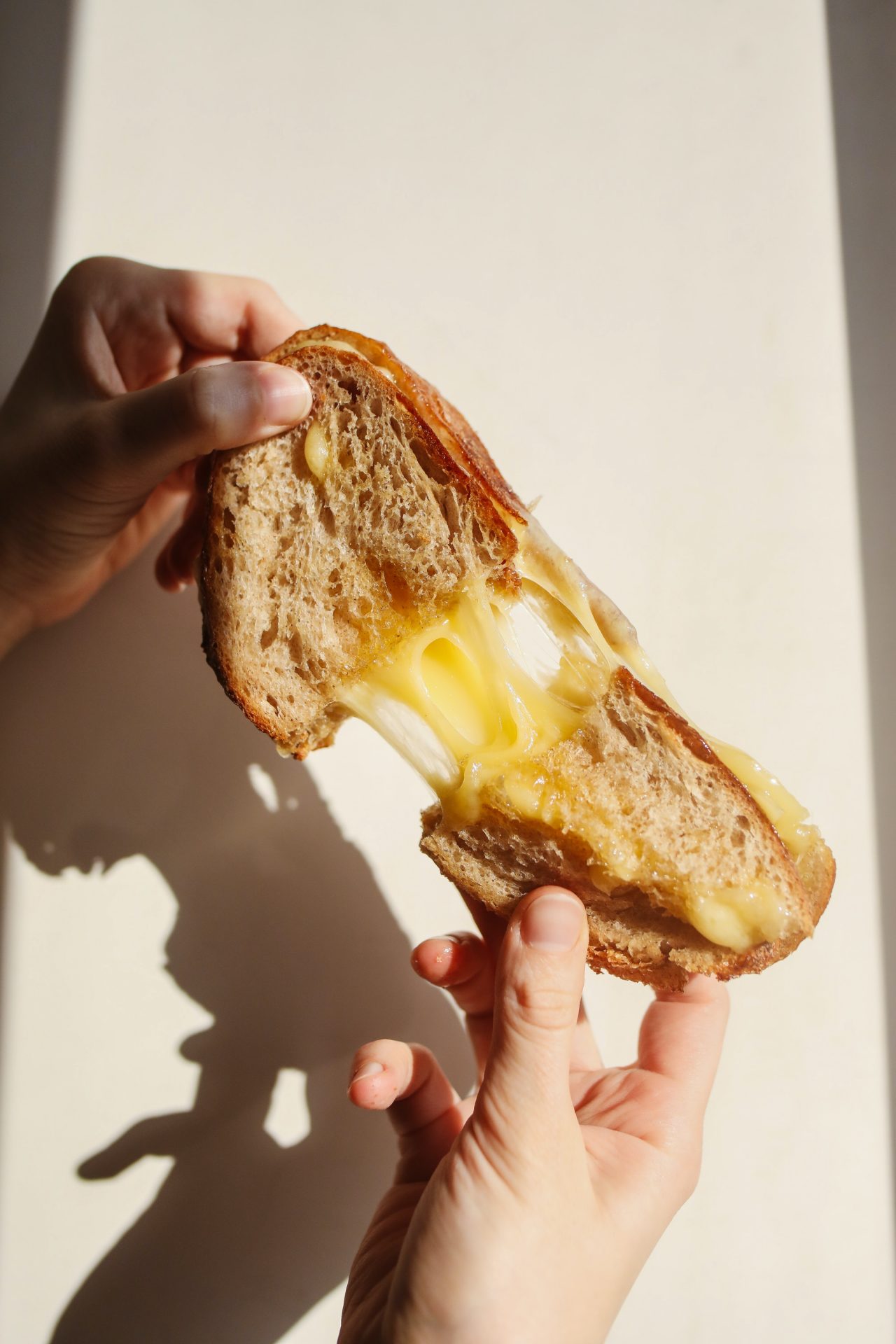So many of us search for help before changing our eating habits or workout routine, but searching for that reassurance might be more problematic than you thought.
“How many calories should I eat a day?”
“Is it normal to eat more on your period?”
“Signs of undereating”
“Symptoms of not eating enough”
These are all some examples of rising search terms on Google. On the surface, that might just mean that more people are being curious about their health, which is no bad thing. But dig a little deeper, and it’s probably reflective of our constant need to get external permission for our healthy habits, says sports dietician and women’s health expert Renee McGregor.
You may also like
Low energy: how to properly fuel your body to compliment your exercise
It’s something she touched on in a recent Instagram post, saying: “A lot of you naturally ask me about fuelling for training and races, after all, it’s my job… [but] a common theme in clinic and on social media is this constant justification to eat.”
For McGregor, this often presents as people using their training to justify their eating habits – for example, scrimping on serving sizes before training and only allowing themselves the portions their body needs after they’ve done the work. But it can also be done in the constant questioning of their approach to their body. As McGregor says, she gets so many questions about how to eat, to the point that “when I put a question box out, I tend to try and dive under the duvet covers. I have so many Instagram messages that I can’t get back to because I just don’t have the capacity to answer everyone.”
Do you need permission to eat?
While there are some instances in which we really do need to get proper advice for changing our habits – particularly if we’re going to be making big changes, like a new or more intense exercise routine or have any pre-existing medical concerns – the general reliance on reassurance is unnecessary. And concerning: “One of the biggest things I’ve noticed in clinic is this absolute need to get things right,” McGregor says.

“There’s now this absolute need for us to be certain in all small decisions. I do think that does fit in with the home aspect of the pandemic, which was so uncertain, but we can’t blame everything on lockdown. Generally, people – humans – are not very good with uncertainty.
“When we don’t know the outcome of something, we tend to default to ‘definitive negative’ as it’s easier to feel contained by that rather than sitting in a neutral space of ‘I don’t really know how this is going to work out’.”
You may also like
Calories on menus: “Calories aren’t always bad – can we stop the shame?”
That tends to mean we cling to the advice or habits we’ve always known. Unfortunately for many of us, when it comes to health, that’s ‘eat less and move more’. Of course, that’s emphasised further with social media which makes us feel “like we’re in a cycle of competing, proving our worth and achieving – but the ideals keep moving.”
It’s why we feel this constant need to ‘check in’ on what small signs in our bodies mean. We consult google over our tiredness, ask other people if we should eat an extra slice of toast when we’re hungry and check in with online coaches about if it’s OK to add more recovery days when we’re feeling sore. We are more likely to need the extra head nod from an external source when we’re wondering about changing our habits that go against the grain of what we’ve been brought up to believe.
As with your GCSE maths paper, the answer is usually in the question. If you’re googling, “signs you need to eat more”, then you probably already know that you need to eat more.
How to stop asking for permission to change your lifestyle
Again, you might need medical confirmation of some lifestyle changes. But you probably don’t need medical clearance, an expert on Instagram or your personal trainer to give you the OK to take an extra rest day. You don’t even need your fitness tracking watch to confirm how many calories you should be eating.

“Personally, I don’t think you should ever have to ask someone else what you want to eat, or answer to why you’re eating something,” says McGregor. “I don’t ever ask my partner or my friends, ‘Should I have that?’ or ‘Do you think I should eat that chocolate?’. I don’t think that you should ever need reassurance to eat.”
One important way to detach your need for confirmation is to be careful about who you’re following on social media. Even those who are allegedly relaxed – or even scientific – about food can be problematic. “Somebody telling you how you should do things is the biggest red flag – if they say, ‘This is how I do things and this is how you should do it too’,” says McGregor.
Remember that no Q&A on Instagram will be able to give you definitive answers, especially because they don’t know your circumstances or your body. What we all need is unique, and “there is no right or wrong,” reminds McGregor.
You may also like
Unqualified fitness influencers: how to recognise bad advice on social media
“What I find really interesting is the deeper you dig into the research, the more you realise you don’t know, and that there can never be a one size fits all. There are lots of guidelines that we have and that we can follow as a starting point, but they are guidelines – a general framework. It doesn’t mean it’s the rule that we have to stick to,” says McGregor.
“All human behaviour has a purpose. There’s going to be a reason why you have that fear about changing your diet or movement habits. In that instance, you will constantly look for validation to maintain your behaviours because it helps you to feel safe.”
So, while being curious about your health is great, relying on other people’s cues or advice to do what you know you need isn’t so wonderful. Trusting your instincts might be hard, but no one knows your body like you do.
Images: Pexels / Getty
Source: Read Full Article
